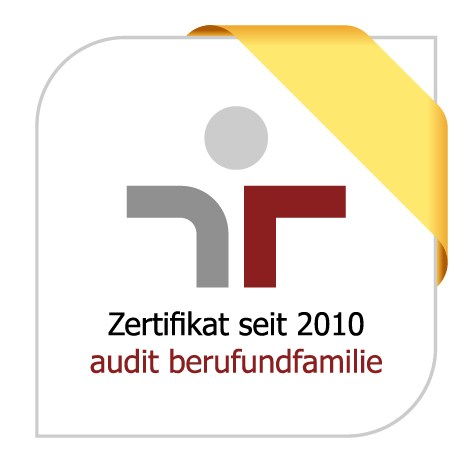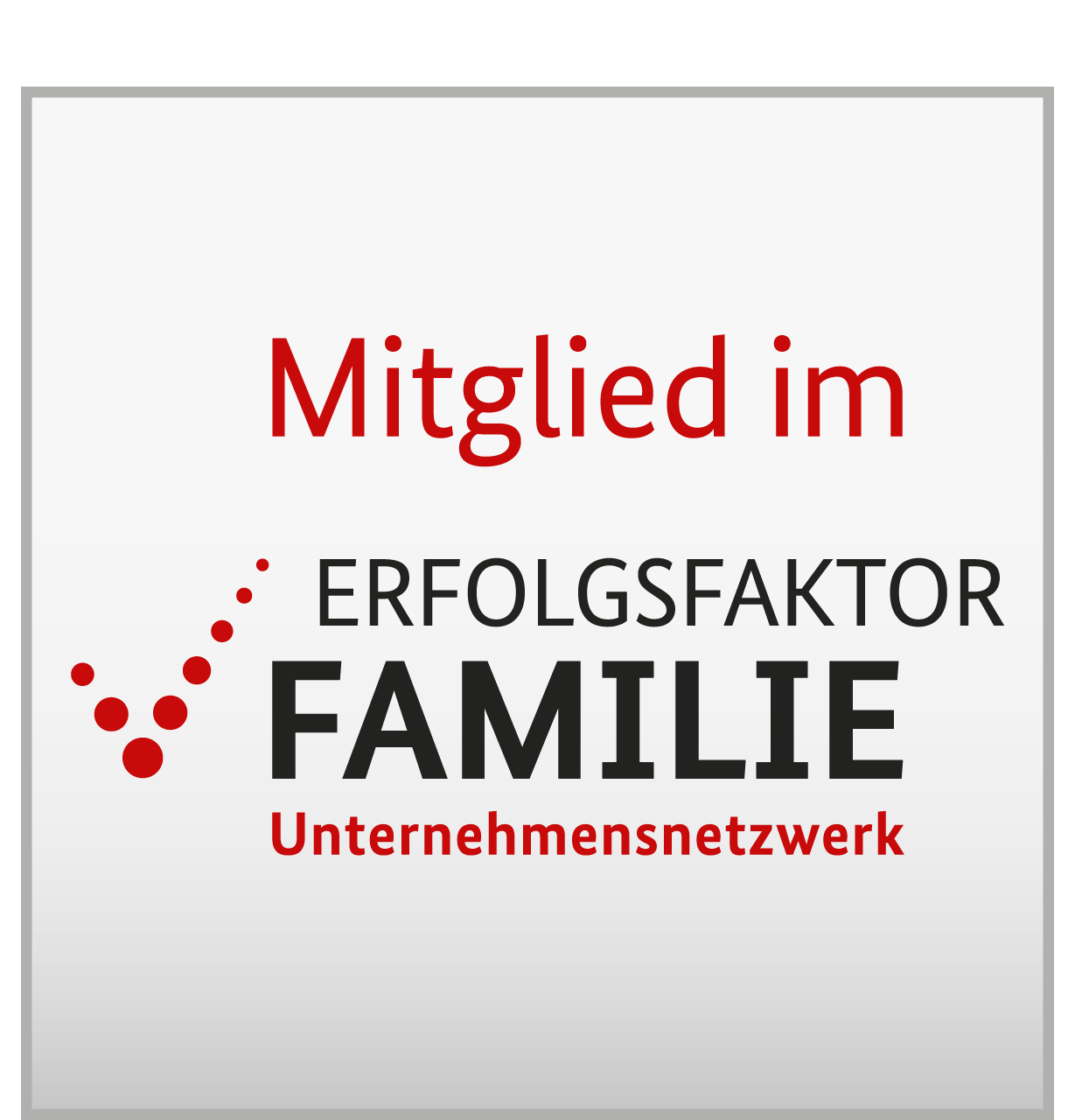Career
Become part of our team and help advance lifelong learning in a dynamic society!
The German Institute for Adult Education – Leibniz Centre for Lifelong Learning (DIE) is the central institution for research and practice in adult and continuing education in Germany. Using research results and infrastructures and knowledge transfer, we work to improve the quality of continuing education and enhance adult education.
A career in research
The DIE offers ideal conditions for professional development in an interdisciplinary and research-oriented environment. Our employees work on forward-looking research projects and have the opportunity to actively shape educational practice. We also offer flexible working models and an appreciative team culture that enables a good work-life balance. With us, you will actively shape the future of adult education and gain valuable insights into innovative educational and third-party-funded projects. We place high value on individual support and professional development – whether through further training, mentoring or international networking opportunities. Our employees also appreciate the company pension scheme with deferred compensation at VBLU, excellent public transport accessibility and free parking. Become part of our team and help advance lifelong learning in a dynamic society!
Vacancies
Please switch to the German website version to view current vacancies.
What we offer
Training
As an accredited training organisation, we offer young people a wide range of opportunities to shape their professional future.
We currently offer apprenticeships in the following professions
- Office management assistant (m/f/d)
- Specialist in media and information services, specialising in libraries (m/f/d)
- Specialist in market and social research (m/f/d)
A training programme at the DIE offers a wide range of tasks, a supportive team, excellent supervision and the chance to work independently from the outset.
Graduate Program Empirical Education Research
As part of our support for young researchers, we assist doctoral students with their doctoral theses within the Graduate Program framework. Its aims are to support young researchers in acquiring scientifically relevant and workplace-related skills, to accompany their scientific work and to prepare them for a career in research or practice in adult and continuing education.
The basic components of the Graduate Program include
- a structured course programme over three years, consisting of basic, elective and optional modules in policy,
- extensive and mandatory supervision services and
- additional cross-institutional offers provided in cooperation with universities and other research institutions.
Post-doc support
Post-doc support at DIE currently takes place within the framework of the following programmes:
- Junior research group leadership
- Support for guest and deputy professorships
- Individual support.
In addition, habilitation-related opportunities such as guest or deputy professorships are supported and further scientific networking is promoted. These opportunities include, for example, stays abroad, active participation in (inter)national conferences and participation in the Leibniz Association's mentoring programme and in internal and external Graduate Program courses.
In addition to supporting doctoral students, leadership of a junior research group is comparable to a junior professorship and offers post-docs the opportunity to prepare for an academic career and gain the qualifications needed for a full professorship. Leading a junior research group is a targeted instrument to advance the careers of talented post-docs.
A summary of our Graduate Program
Employees’ opinions on the DIE
Family-friendly
The commitment to reconciling work and family life is based on the corresponding principle of the Leibniz Association and is an important prerequisite both for attracting qualified employees and for motivated, committed and successful work at the institute.
The DIE pursues a sustainable family-friendly personnel policy that offers its employees a wide range of options, allowing them to successfully combine work and family life. The professional development of employees is at the forefront, taking into account their personal and family situation. All employees should be able to organise their professional tasks in such a way that the greatest possible benefit for the institute is achieved without this being at the expense of their private lives.
Further information on the ‘Audit Jobandfamily’ and the ‘Success Factor Family’.
Gender equality
Gender equality and facilitating equal opportunities is seen as an important strategic cross-sectional task at the DIE and is anchored in the institute's mission statement.
We have formally recorded our current situation with regard to gender equality and our development goals in an equality plan.
A summary of our equality plan
Inclusion
Our representative for severely disabled employees is committed to the interests of employees with disabilities at DIE and is their point of contact for questions regarding compensation for disadvantages and integration into everyday working life. For example, it works to ensure that workplaces are designed to be accessible and that individual needs are taken into account. It ensures equal opportunities by accompanying application procedures and providing support in areas such as professional reintegration after prolonged periods of illness.
Do you have any questions?
Maria Heldt will be happy to answer your questions about training at the DIE.
Dr. Lukas Fervers is your point of contact for the Graduate Program Empirical Education Research and post-doc opportunities at the DIE.
For questions regarding equality, please contact Susanne Lattke. Our representative for disabled employees is Jan Koschorreck.
For general questions regarding applications, please contact personalabteilung@die-bonn.de.
Photo: Sandra Seifen
Kurzlink zu dieser Seite:
die-bonn.de/li/3319











